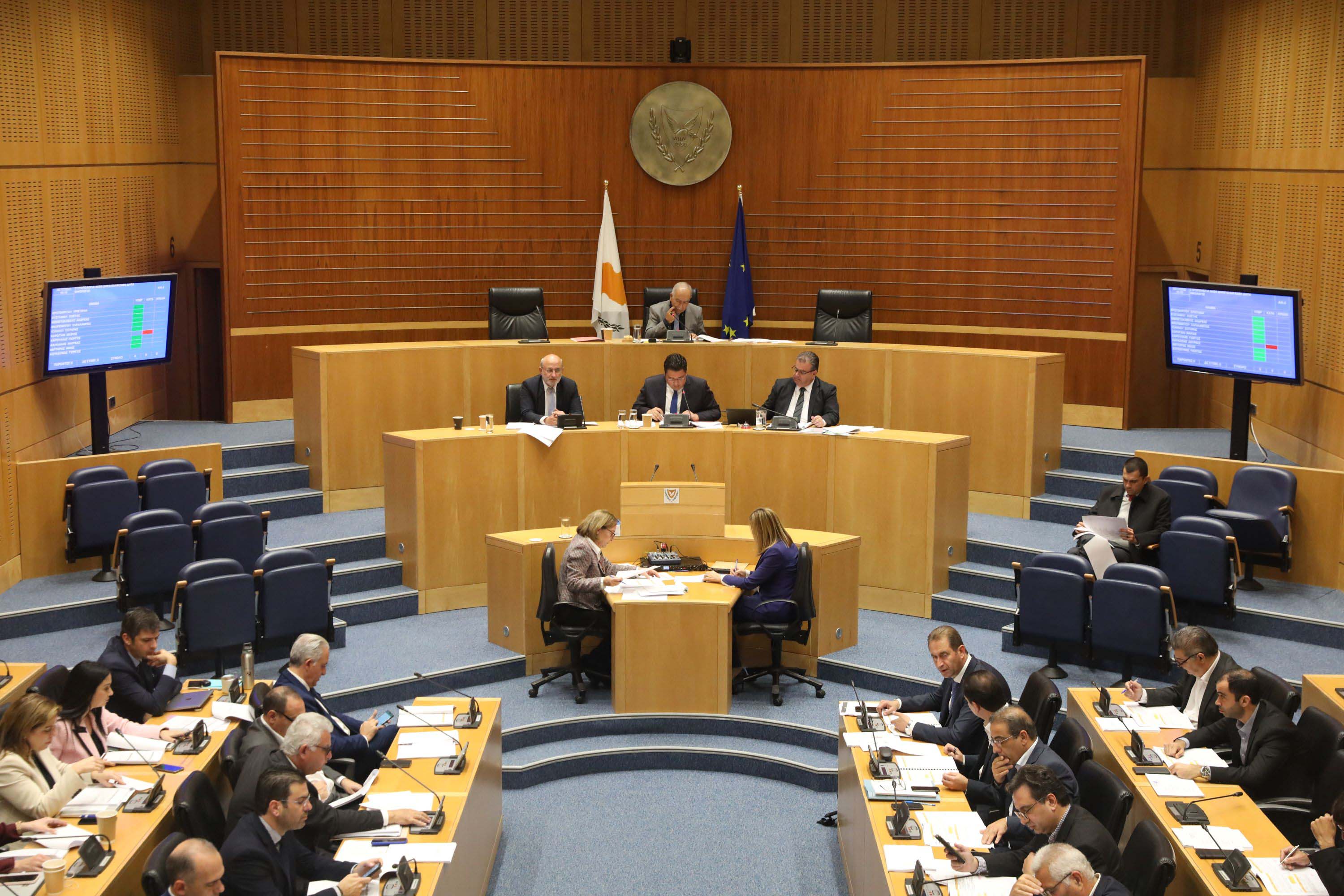By nearly a unanimous vote, and under the watchful eye of Brussels, parliament on Thursday passed a law allowing for a reduced VAT rate of 5 per cent levied on first homes.
The discounted VAT – the full rate is 19 per cent – will apply to the first 130 square metres of a first home – for single dwellings and apartments alike – and up to a value of €350,000, provided that the total value of the transaction does not exceed €475,000 and that the total buildable area does not exceed 190 square metres.
Another clause provides that, for persons with a disability, the discounted VAT will apply to the first 190 square metres of the buildable area.
The law also provides for a transitional period, so that the new rules do not apply in cases where a town planning permit has been issued or where an application for a town planning permit has been filed within four months of the entry into force of the law.
At the House plenum, 42 MPs voted in favour, with Greens MP Alexandra Attalides abstaining.
Despite the consensus in the voting, politicians traded barbs over who was to blame for the need to change the legislation as well as the fact that Cyprus faced the threat of penalties from the European Commission.
In his remarks, the Greens’ Stavros Papadouris – who ultimately voted in favour –noted that the bill was being passed “under duress” – meaning the pressure from Brussels.
He attributed this to “maximum abuse” of the issue in the past. Papadopouris said that when back in 2016 parliament decided to do away with the threshold of 275 square metres for reduced VAT, practically everyone got to benefit from what was supposed to be a targeted social policy.
He also recalled that when in 2021 the European Commission asked Cyprus to provide data about the discounted VAT here, the Tax Department informed Brussels about the regime that had applied previously – but did not inform about the change. Subsequently Brussels sent Nicosia a letter of formal notice – the first stage in infringement proceedings.
Because of this track record of mistakes and poor handling, asserted Papadouris, the finance ministry now had “little bargaining power left” when dealing with Brussels.
On June 1 this year, the European Commission sent a reasoned opinion to Nicosia saying the latter did not correctly apply EU VAT rules for houses bought or built in Cyprus.
Cyprus had two months to address the matter. Unless it acted within the next two months, the Commission could have decided to refer the case to the EU Court of Justice.
In practice, most cases are settled before being referred to the court.
In the worst-case scenario, Brussels can impose a fine on a country for non-compliance.
It’s understood the infringement proceedings were first launched in the summer of 2021.
VAT directive 2017/541 allows member states to apply a lower rate for first homes as part of social policy. But the broad interpretation of the Cyprus provision apparently exceeds the social policy aim stated in the directive, for such an exemption.
The Cypriot policy was also flagged when it emerged that recipients of the ‘golden passports’ scheme – who invested in property in exchange for citizenship – had likewise benefited from the lower VAT rate.






Click here to change your cookie preferences